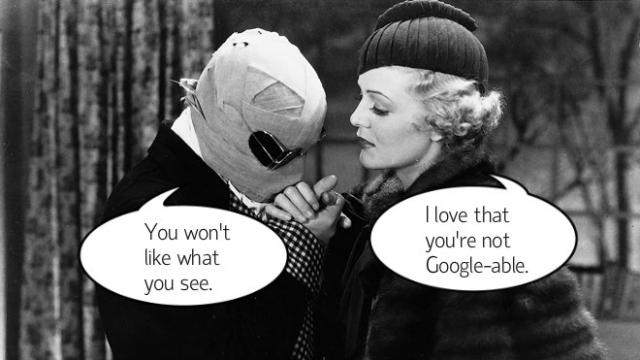In 2013, a small app called Snapchat put the fear of god into Google and, for that matter, government spooks.
Snapchat was popular amongst teens and college students because it sent “ephemeral messages,” photos and captions that disappear a few seconds after the recipient opens them.
Like mission impossible, these self-destructing made all sorts of things possible and amongst one of them was the end of the power of Google.
In itself, it probably will die out like most teen fads, but its initial success indicates there is a demand for a type of message which, once opened, is never seen again.
These sorts of messages cannot be searched, intercepted, stored or found by anyone. In short, a dark web message in the light of day.
What this means is that in 2014 we wills start to see the rise of the erasable internet.
It would effectively be a more private network, one without the constant worry of every ill-considered picture turning up to haunt your job interviews.
It might be less useful and would be impractical as a method to store old photos or data. However, in time other less legally friendly and secure apps will appear.
While the rest of the industry is spouting about how important mass storage on the cloud is, it would appear that there is a new market in getting data off the net.
How will this kill Google? At the moment the search engine depends on snuffling as much data as it can on users to serve them up adverts. If people are sending messages using systems which cannot be snuffled, then Google loses a lot of its magic ability. True, it still will be able to search traditional web pages, but it will lose the personal edge of knowing everything about you.
With the pressure towards “no tracking” and other privacy moves Google is on a back foot fighting a trend away from data collection and into data privacy.
It would appear that next year will be the beginning of a war between big data and secret data and our guess is that Google will be the loser.

Source: TechEye






